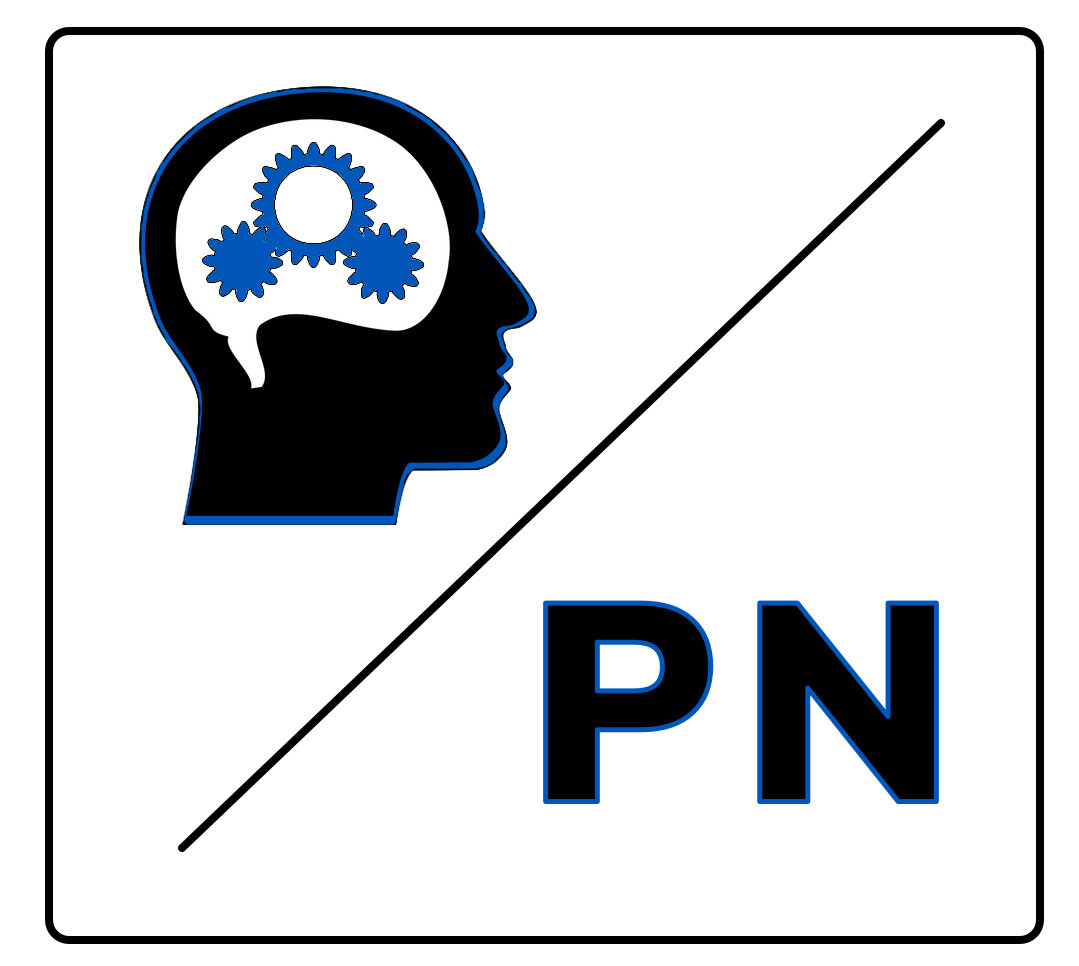Frequently Asked Questions
What happens during a neuropsychological evaluation?
All evaluations involve a clinical interview in which you and the doctor will discuss the reasons for the evaluations, a history of symptoms, family medical history, social, educational, and occupational history, and medical/psychiatric background. Following this interview, you will complete standardized measures of your thinking abilities (such as memory and attention), as well as assessments of personality and mood when applicable. Most testing is administered directly by the doctor, but computerized tests are occasionally utilized during parts of the evaluation. Your test scores are compared against others like you to determine your areas of strength and weakness and, potentially, a diagnosis. Most evaluations take 3 to 4 hours in total, though there are occasions in which evaluations are shorter or longer.
Why does it take so long?
A neuropsychological evaluation is kind of like going to a grocery store in that a lot of smaller items add up to a larger amount at the end. Most neuropsychological tests take between 5 and 10 minutes to administer but, because many tests are administered during the evaluation, it can take several hours.
Do you accept insurance?
Dr. DeRight participates with several insurance providers, including:
Anthem Blue Cross/Blue Shield
Carefirst Blue Cross/Blue Shield (PPO Plans Only)
TriCare (approved non-network provider)
Medicare
If we do not accept your plan, you can still undergo the evaluation on an out of network basis, and you will be provided with an itemized bill with the necessary billing diagnoses and codes for submission to your insurance company for out of network reimbursement.
Insurance will not pay for court-ordered evaluations, forensic evaluations, or baseline evaluations.
What kinds of conditions can be diagnosed?
Neuropsychological evaluations can be used to assist in diagnosis and treatment planning for many conditions including dementia (e.g., Alzheimer’s disease, frontotemporal dementia, dementia with Lewy Bodies, vascular dementia), stroke and stroke recovery, epilepsy, Parkinson’s disease, multiple sclerosis, concussion, traumatic brain injury, ADHD, depression, anxiety, personality disorder, bipolar disorder, schizophrenia, and many more.
How much does it cost?
The rates for evaluations vary based on the nature of the evaluation, whether insurance is accepted, and the time spent on the evaluation.
Contact us directly for a quote.
How long does it take to get the results?
Results from clinical evaluations are typically available within 1 to 2 weeks, though initial results are often available at the end of the evaluation.
Reports for independent medical evaluations are typically available within 2 weeks.
Do you prescribe medication?
Neuropsychologists are clinical psychologists by profession, and generally do not prescribe medications. The evaluation can assist in determining which medications are most appropriate, and this is commented on in the report as applicable, but ultimately the decision to prescribe is left to your treating physician. Many physicians require a diagnosis of ADHD from a neuropsychological evaluation prior to prescribing medications to treat ADHD.
What does it mean to be a board certified clinical neuropsychologist?
All licensed clinical psychologists have a background in core proficiencies, such as assessment, treatment, research, and ethics.
Neuropsychologists are clinical psychologists who have completed a postdoctoral fellowship (residency) to specialize in neuropsychological evaluations. Like other areas of medicine, not all neuropsychologists are required to be board certified to practice.
Board certification is the highest level of specialization and certification in psychology. Board certified clinical neuropsychologists, like Dr. DeRight, have completed a series of qualifications and exams to determine the extent of their training and knowledge, including an APA accredited doctoral program, background in neuroscience, neuroimaging, and brain/behavior relationships, extensive experience with neuropsychological assessment, robust knowledge of neuropsychology evidenced by passing a written examination, and passage of an oral examination by their peers.
How does an attorney know what type of expert is needed?
A psychiatrist, psychologist, and neuropsychologist are all equipped to answer general questions about psychiatric and/or neurological diagnosis, treatment, and implications of both for mitigation. In a general sense, the expert’s specialty background is more important than the degree per se (i.e. someone having extensive knowledge of PTSD).
Neuropsychologists are typically retained when a cognitive problem or interaction between cognitive and emotional problems is at issue, and these evaluations can also be helpful in providing objective data to conclusions that are already well-established in the person’s history (e.g., a person who shows a clear history of learning disability may benefit from having objective data showing that they read at the level of the first grader and can follow oral instructions at the level of a 1st grader). Similarly, it can be helpful to establish objective evidence of cognitive and/or emotional difficulties following an accident or injury.
When particular effects of a medication are at issue, a psychiatrist or neurologist is more appropriate depending whether the condition in question is more psychiatric or neurological.
How do I get to your office?
Click the map above for a direct link to google maps for directions
McLean
The McLean office is located at 1464 Ingleside Ave, McLean, Virginia 22101. The entrance to Dr. DeRight’s office is on the side of the building closest to the back parking lot.
Woodbridge
Dr. DeRight occasionally sees patients at Woodbridge Psychological Associates, located at 4320 Prince William Pkwy, Suite 109, Woodbridge, Virginia 22192.
